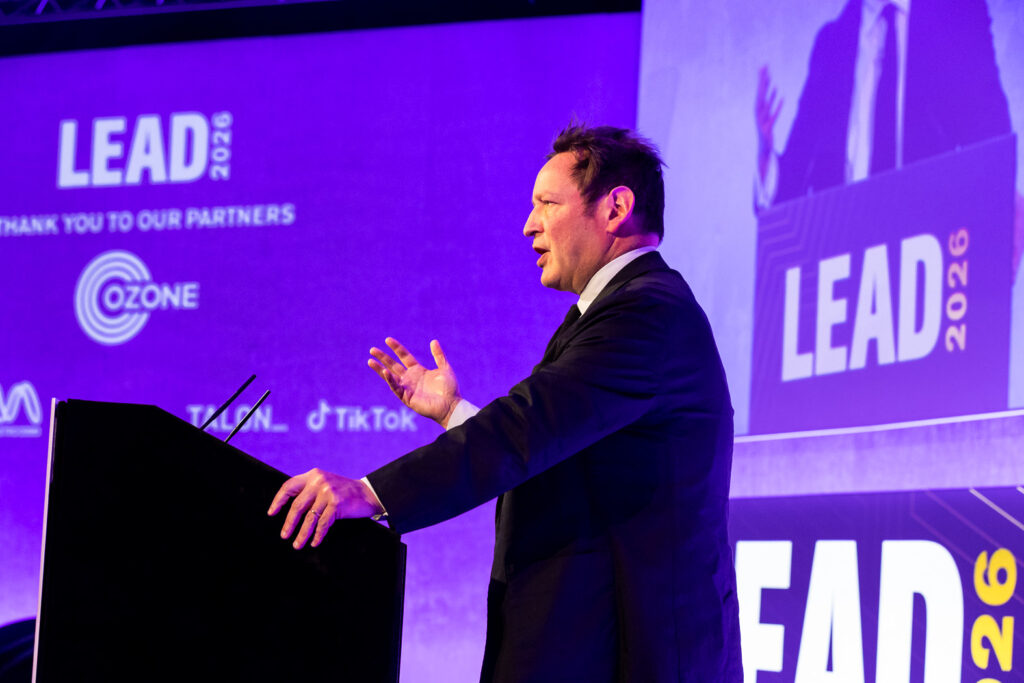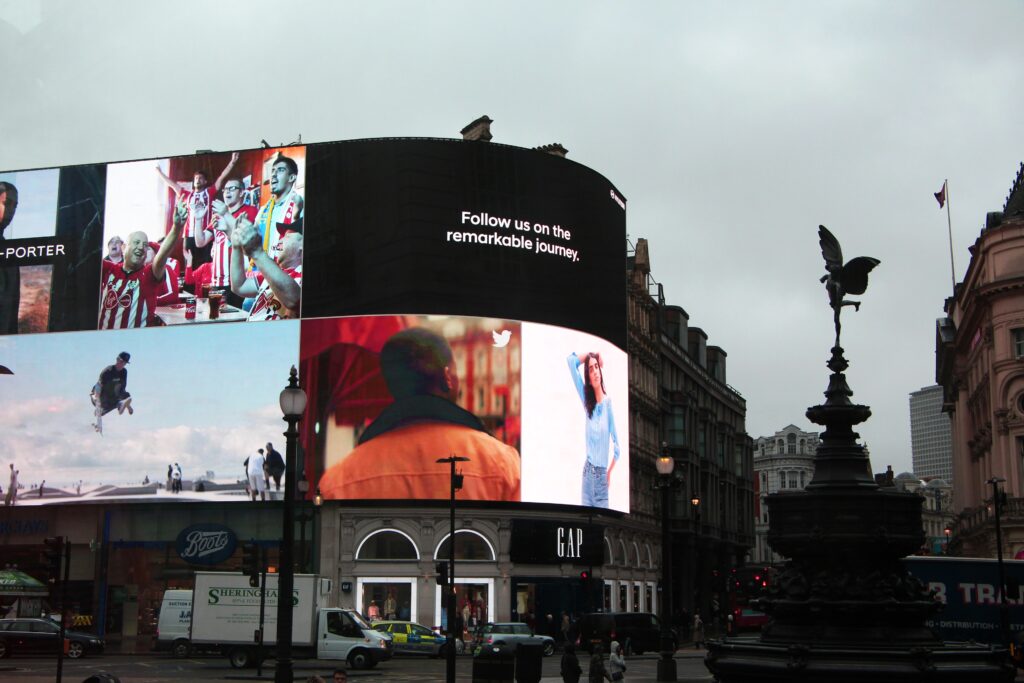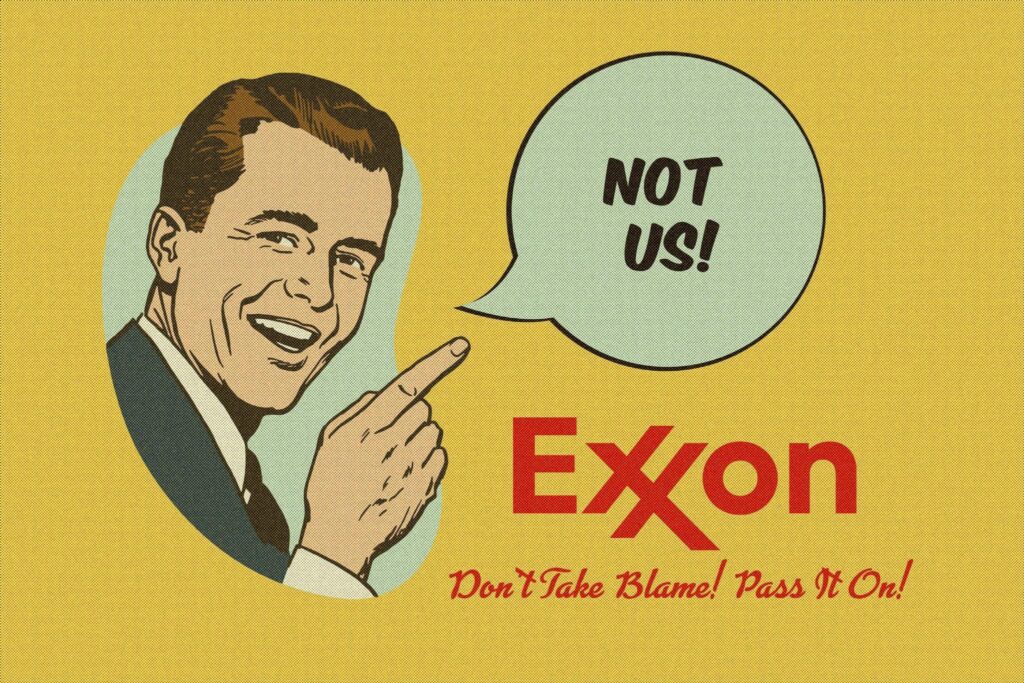Four agencies owned by French advertising group Havas have been stripped of their B Corp status — a marker of high social, environmental and corporate governance standards — due to the company’s work for Shell, the group that oversees the certifications said.
The decision underscores the growing reputational risks facing advertising and public relations firms that portray themselves as climate champions while simultaneously advancing the interests of oil and gas companies.
“Havas London, Havas Lemz, Havas New York, and Havas Immerse are no longer Certified B Corps,” B Lab UK said in a statement. “Other entities in the Havas group are also ineligible to certify.”
Although the four agencies had no direct relationship with Shell, B Lab UK deemed that decisions taken at the group level were relevant to their B Corp status since Havas used a common brand across its agencies.
B Lab UK said it had found that Havas’ actions constituted a breach of the B Corp community’s core values as expressed in its Declaration of Interdependence, and that Havas had declined to take unspecified remedial action required to retain its certification.
‘Toxic for Your Brand’
Havas said it accepted the ruling.
“Our level of commitment towards sustainability remains unchanged,” the company said in a statement. “We are proud to support our clients in their transformation for the future and remain focused on progressing towards the highest levels of social and environmental performance, with more to come in the coming months and years.”
The agencies’ loss of B Corp status is a blow to Havas CEO Yannick Bolloré, who had defended the company’s decision to take on a major advertising contract with Shell last year on the grounds that Havas could use its insider position to influence the company to become more sustainable.
In an interview with advertising trade magazine Campaign in October, Bolloré had said: “As long as we are making things better, B Corp agrees that we can partner with [controversial] industries.”
Bolloré had previously sought to position Havas as climate champion, expressing his concern over the climate crisis in interviews, and arguing that a global communications group of Havas’ scale could play a positive role in influencing people to make more environmentally friendly choices.
United Nations Secretary-General Antonio Guterres last month called on governments to ban fossil fuel advertising and warned creative agencies that working for the industry would prove “toxic for your brand.”
‘Cover for Greenwashing’
In October, a group of 22 other B Corp-certified PR agencies called for Havas London, Havas Lemz (based in Amsterdam), Havas New York, and Havas Immerse (based in Malaysia) to lose their B Corp status on the grounds that working for fossil fuel polluters clashed with B Lab’s values.
“Creative agencies should not be working for the companies destroying the planet. I want to thank B Labs for doing the right thing and revoking certification for agencies that promote fossil fuel polluters,” said Duncan Meisel, executive director of Clean Creatives. “They listened to the dozens of B Corps who spoke out about this and took the right steps to protect their community from agencies that wanted to use certification as a cover for greenwashing.”
Chris Norman, CEO and Founder of GOOD Agency, the UK’s highest accredited B Corp advertising agency, who was among the complainants, said the length of time it had taken B Lab to reach its verdict had damaged its reputation, but hoped the decision would set a precedent.
“There should never have been any doubt that an agency helping promote and support a fossil fuel company should retain its B Corp accreditation,” Norman said. “Whilst the delay has been damaging to B Lab’s reputation, and undermines confidence in the accreditation, we are pleased that there is now a precedent that establishes this principle. We hope that this is now replicated as standard practice across all B Corp agencies.”
Earlier this month, Clean Creatives said it had submitted another complaint to B Lab after discovering another five B Corp-accredited communications agencies — Cullen Communications; Edit; SEC Newgate; Tinkle Communications (a Havas subsidiary); and Total Media — have worked with fossil fuel clients in the last three years.
There was no immediate indication of any potential commercial impact on Havas from the ruling.
When Shell’s selection of Havas came to light in mid-September, the campaign group Fossil Fuel Non-Proliferation Treaty Initiative immediately and loudly cancelled its communications contract with Havas Red, a U.S. subsidiary headquartered in New York City.
It was unclear if any clients of the four former Havas B Corp agencies would follow suit.
B Corp status is also coveted by agencies competing to attract creative talent, the lifeblood of the advertising industry, from a climate-conscious younger generation.
Subscribe to our newsletter
Stay up to date with DeSmog news and alerts






